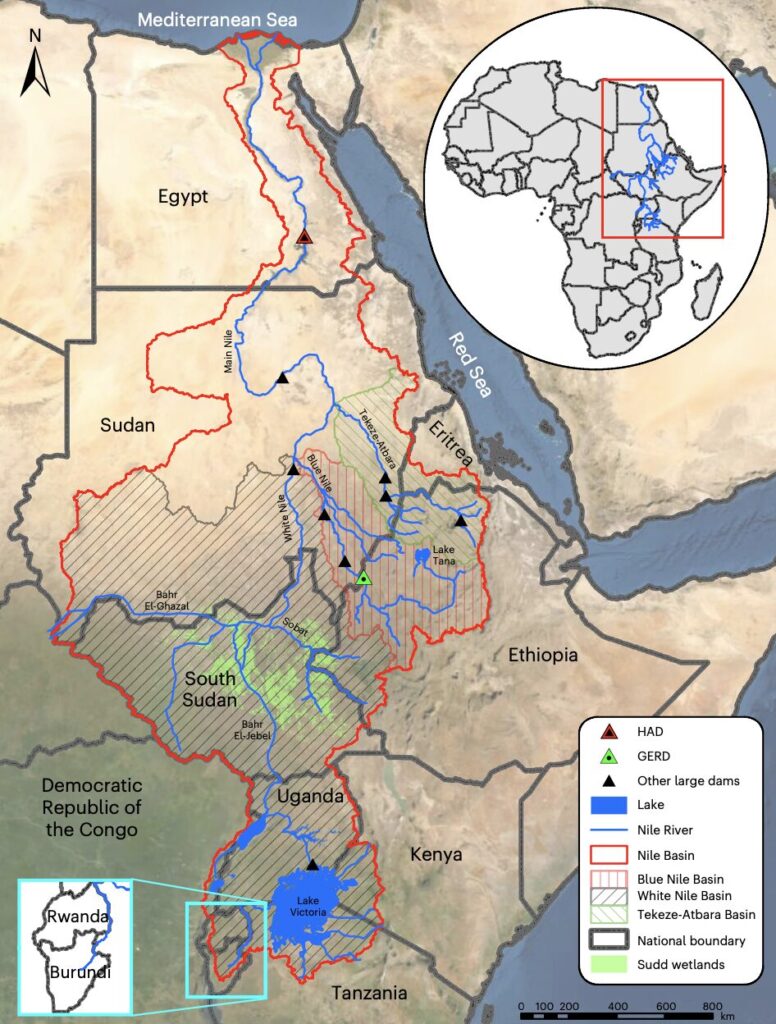The Nile Basin spans the countries of Egypt, Sudan, South Sudan, Eritrea, Ethiopia, Kenya, the Democratic Republic of the Congo, Burundi, Rwanda, Uganda, and Tanzania.
Scholars have called for the Nile Basin countries to join forces to fairly utilize the Nile River to meet their peoples’ soaring demand for water, energy, and food.

The call was made on Saturday in the Ethiopian capital of Addis Ababa, on the margins of the 3rd Annual Forum for Regional Integration and Reasonable Utilization of the Nile under the theme “Shared resources for shared future and prosperity.”
“The countries in the Nile Basin have to discuss cooperation modalities and come up with principles and standards through which they can share the Nile water fairly,” Emmanuel Kasimbazi, a professor at the School of Law in Uganda’s Makerere University, told Xinhua in an interview.
Kasimbazi said the Nile Basin countries need to cooperate to manage transboundary water resources sustainably, like the Nile, amid the growing demand for water and energy from their rising populations.
The Nile Basin spans the countries of Egypt, Sudan, South Sudan, Eritrea, Ethiopia, Kenya, the Democratic Republic of the Congo, Burundi, Rwanda, Uganda, and Tanzania.
Noting that lack of financial and technical capacities remains a challenge to utilize the Nile, the longest river in Africa, Kasimbazi said Nile Basin countries need to establish a legal framework to help them address those challenges and meet their peoples’ surging demand for electricity and water.
Musambayi Katumanga, a lecturer at Kenya’s University of Nairobi, said the Nile Basin countries need to reach a certain kind of agreement to reasonably utilize the Nile to transform the lives of their citizens.
“The countries in the Nile Basin need to add value to their common water resources to generate energy, produce food, and deal with climate change,” Katumanga told Xinhua.
Katumanga said it is mandatory for Nile Basin countries to cooperate and fairly utilize the Nile, and by doing so they will be able to address water, energy, and food shortages as well as expand water transportation and industrialization in the Horn of Africa and Great Lakes region.
The forum aims to champion equitable and reasonable utilization of Nile waters based on the principle of developing transboundary water resources through sharing best experiences and practices.
Speaking at the event, Mesganu Arga, Ethiopian state minister of foreign affairs, called for speedy entry into force of the Cooperative Framework Agreement among the Nile Basin countries to help them unlock the Nile’s potential for cooperation, regional integration, and prosperity
Source: Xinhua
